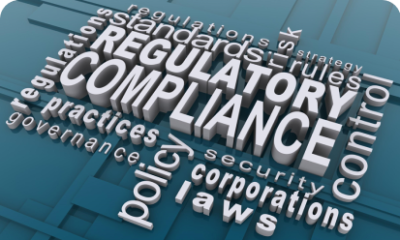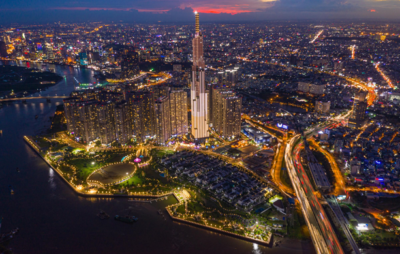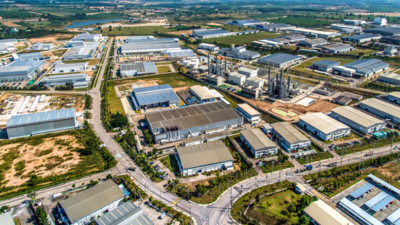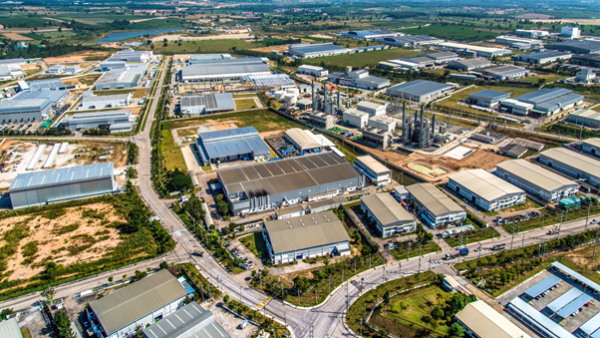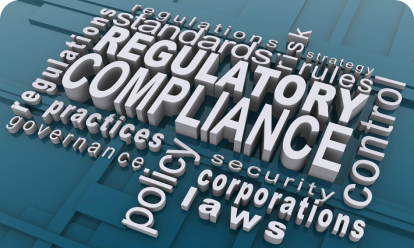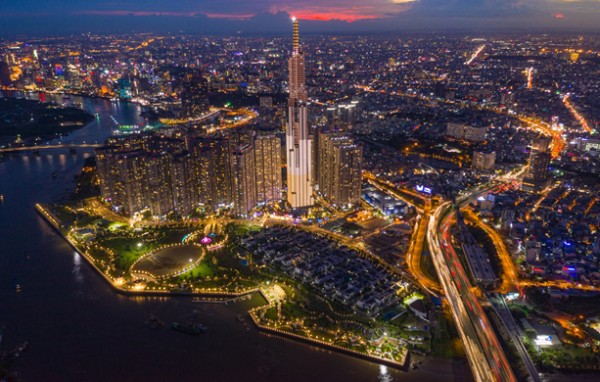TACHAN
- 8 August, 2023
- by Admin
Analysis of Government Incentives and Support for Foreign Direct Investment (FDI) in Vietnam
Vietnam has emerged as one of the most attractive destinations for foreign direct investment (FDI) in Southeast Asia. Over the past few decades, the Vietnamese government has implemented various policies and incentives to attract international businesses and promote economic growth. In this article, we will analyze the government incentives and support mechanisms for FDI in Vietnam, highlighting the key factors that make the country an enticing investment hub.
Stable Economic Environment
Vietnam’s remarkable economic growth, stability, and resilience have been key drivers in attracting FDI. The government has actively pursued economic reforms, promoting market-oriented policies, and creating a business-friendly environment. This stability offers investors the confidence to establish and expand their operations in the country.
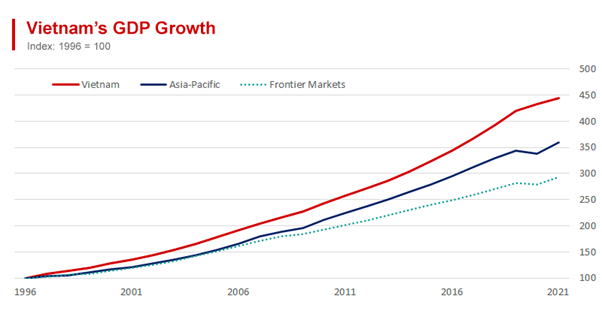
Liberalized Investment Policies
Vietnam has implemented significant reforms to liberalize its investment policies and attract FDI. The Law on Investment and the Law on Enterprises provide a favorable legal framework for foreign investors, allowing them to establish wholly foreign-owned enterprises, joint ventures, or participate in mergers and acquisitions. These policies ensure equal treatment for foreign and domestic investors, with limited restrictions on foreign ownership in most sectors.
Tax Incentives
The Vietnamese government offers attractive tax incentives to encourage FDI. Various tax exemptions, reductions, and preferential tax rates are available based on the investment location, sector, and project size. High-priority sectors such as manufacturing, export-oriented industries, research and development, and high-tech industries often receive the most favorable tax treatment.
Investment Promotion Agencies
Vietnam has established investment promotion agencies at both the national and provincial levels. These agencies serve as a one-stop shop for investors, providing information, guidance, and support throughout the investment process. They assist in obtaining necessary licenses and permits, facilitating land acquisition, and connecting investors with local partners and suppliers.
Infrastructure Development
The Vietnamese government has made substantial investments in infrastructure development to support FDI. The country has improved its transportation networks, including roads, ports, and airports, enhancing connectivity within Vietnam and with international markets. The development of industrial parks and special economic zones further facilitates investment by providing ready-to-use infrastructure and utilities.

Skilled Workforce
Vietnam boasts a young and dynamic workforce, which is a significant advantage for foreign investors. The government has focused on developing education and vocational training programs to enhance the skills of its labor force. This has resulted in a skilled workforce capable of meeting the demands of various industries, particularly in sectors such as manufacturing, technology, and services.
Vietnam’s commitment to creating a conducive investment climate, coupled with its economic stability, liberalized investment policies, tax incentives, robust infrastructure, and skilled labor force, has positioned the country as a highly attractive destination for FDI. As the government continues to prioritize economic reforms and actively promote investments, it is expected that Vietnam will further consolidate its position as a top choice for international investors seeking growth opportunities in Southeast Asia.
- Tags:
Related news



